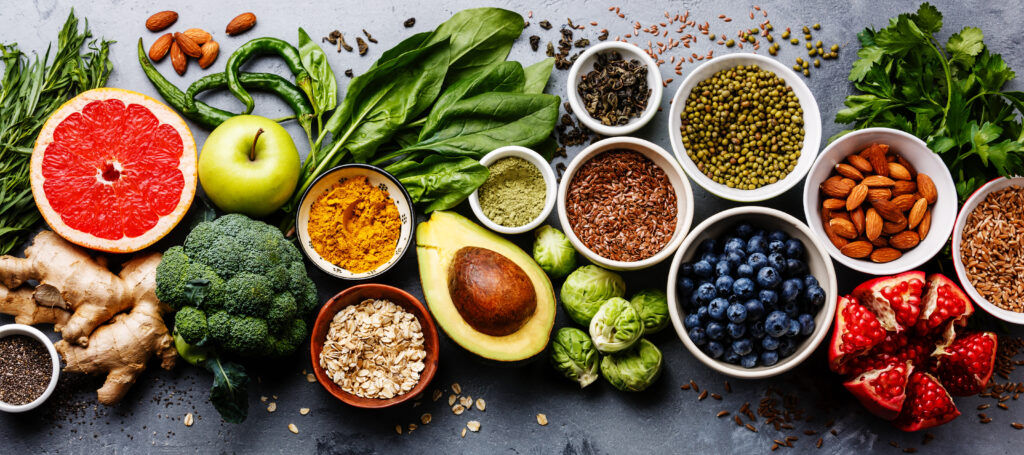The human microbiome is our own unique ecosystem, totalling all the microbes living within our body, which amount to trillions of essential, pathogenic and opportunistic microbes including bacteria, viruses and parasites. Imagine our gut as an ecosystem, designed by nature and adapted for purpose. It makes good use of what it consumes, recycles what it can and eliminates what it doesn’t need. This ecosystem changes over time, adapting to fixed conditions including age and gender; changing conditions such as environment or diet and others such as pathogens, illness or emotions. Recent scientific findings show that the microbiome is of critical importance in communicating and modulating the relationship with our own unique world. Could it be the missing link between the brain, gut and immune system? Can we use this knowledge to improve our health and wellbeing?
Development of the microbiome starts with gut exposure to amniotic fluid in the womb, through the birth canal, the immediate environment after birth and from milk feeding. To some extent the new infant inherits its mothers microbiome, and is also strongly influenced by early feeding and diet. It has long been known that immune benefits are conferred to breast fed babies. More specifically, breast-fed babies have less gastrointestinal infections throughout the first two years of life, and have different species of bacterial thriving in their guts. By pre-school age, children will have a microbiome resembling adults and this will continue to change throughout life. Physiological and hormonal changes during puberty, affect the microbiome as it adapts to its changing environment.
Regular antibiotic use has a profound effect on the microbiome, having longterm effects on the balance of essential and pathogenic microbes in the gut. This altered environment can influence many aspects of wellbeing including susceptibility to infection, food intolerance, depression, obesity and gastrointestinal problems. Refined sugar is the single most harmful dietary ingredient for our system, not only providing empty calories and consuming essential nutrients for it utilisation, but also providing food for pathogenic microbes. This contributes to an unfavourable balance of microbes, where pathogenic ones thrive and multiple at the expense of the essential, beneficial ones.
Want to know more about microbes? http://learn.genetics.utah.edu/content/microbiome/







